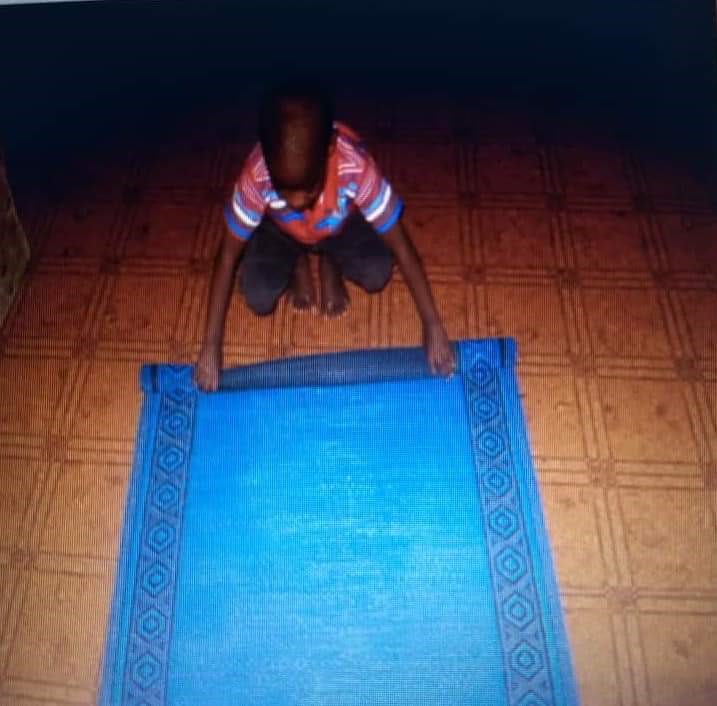Children develop their personalities based on their experiences. We have to take into cognizance the way young children work, which is necessary for their self-construction. The Montessori Method assists children with their self-construction with the guidance of a trained adult.
When children work, they do that with an internal aim of constructing themselves, with interest in the process of doing things, not very concerned with the result. Although the finished product may please children and give them a sense of success and accomplishment, their real pleasure is in the activity of work itself.
Adults are always in a hurry to get things done, with great interest in the result. Thus, we judge young children’s work, forgetting that their work aims to create themselves, going at their own pace.

So, how can we assist children in their self-construction?
Give Freedom within limits
Children need to freely move, explore and learn from their experiences to assist their self-construction. With this given freedom, they build up their skills, express themselves creatively, and experience success.
Guide Children towards Independence
Children have the drive to be independent, to grow, and reach their potentials. Doing things all the time for them might hinder their self-construction. Rather, offer the right guidance by showing them what to do. Let them take an active part in their learning and self-construction. Know when to assist, as any assistance not required might stunt their development.
Respect Children’s Rhythm
Respect the rhythm and tempo of children’s work. Don‘t disrupt the rhythm and tempo of children’s work. Don’t hurry children up or tag them as being slow and offer to complete their work. Allow children to progress at their own pace and rhythm, no need to rush them.
Give Time
Give children enough time to experience their own abilities. Provide ample time and space to explore, repeat, and practice to gain mastery. Thus, children use their creativity, and in the process, construct themselves.
Engagement in Purposeful Activities
Children need to be engaged in purposeful activities and work. This helps their minds grow and also helps them learn the skills they need to succeed in life. Provide age-appropriate activities and child-sized materials to ensure handling and mastery. Also, align the activities with the children’s needs, present them at the right moment of development, with a definite purpose.
“We must help the child to act for himself, will for himself, think for himself; this is the art of those who aspire to serve the spirit.”
Maria Montessori
Allow Children make Choices
The more will give our children choices, the more they learn from their choices, the better they are in making an informed decision that concerns them. Real learning and personal transformation result from engagement in freely chosen meaningful activities. Make sure activities and lessons include opportunities for choice with clear age-appropriate expectations.
Provide an Enabling Environment
Create an environment that is comfortable and welcoming to children. One that enables them to explore their world and personal boundaries while also allowing them to make mistakes without fear of consequence. Arrange the environment to facilitate movement, exploration, repetition, and practice. Also, remove obstacles that will hinder growth and development in the environment.









